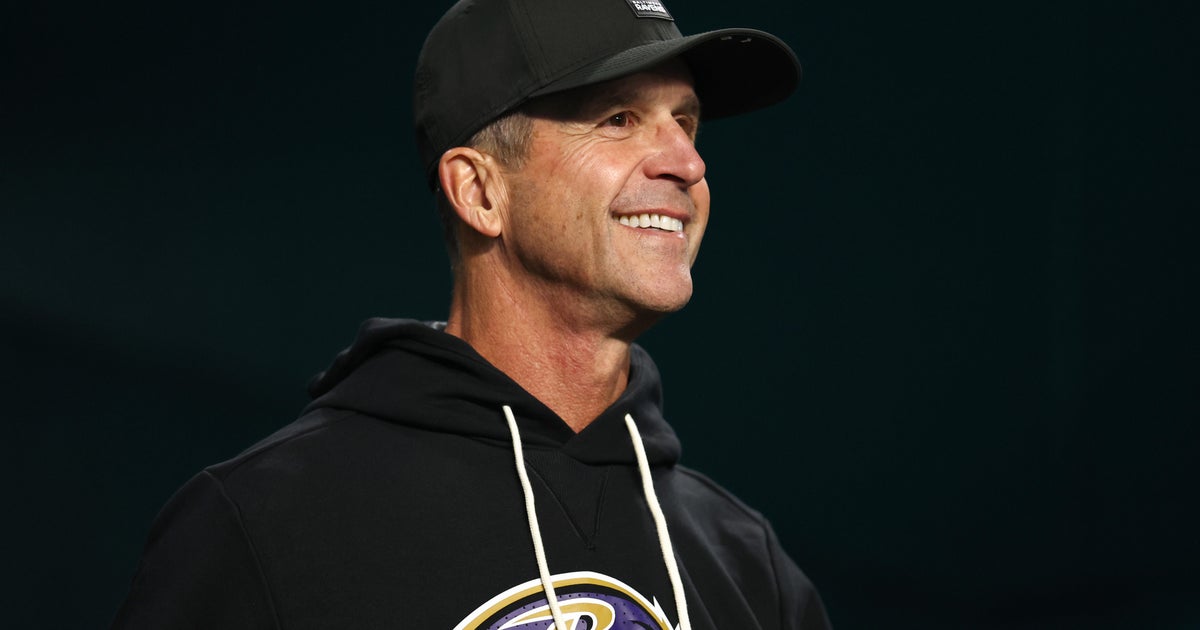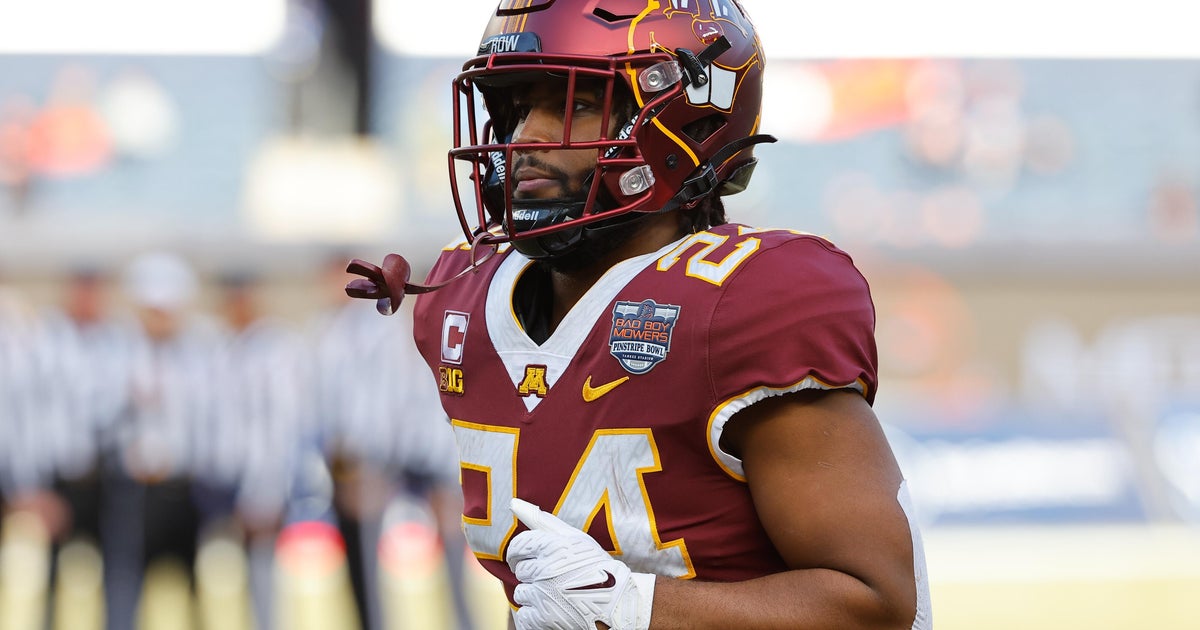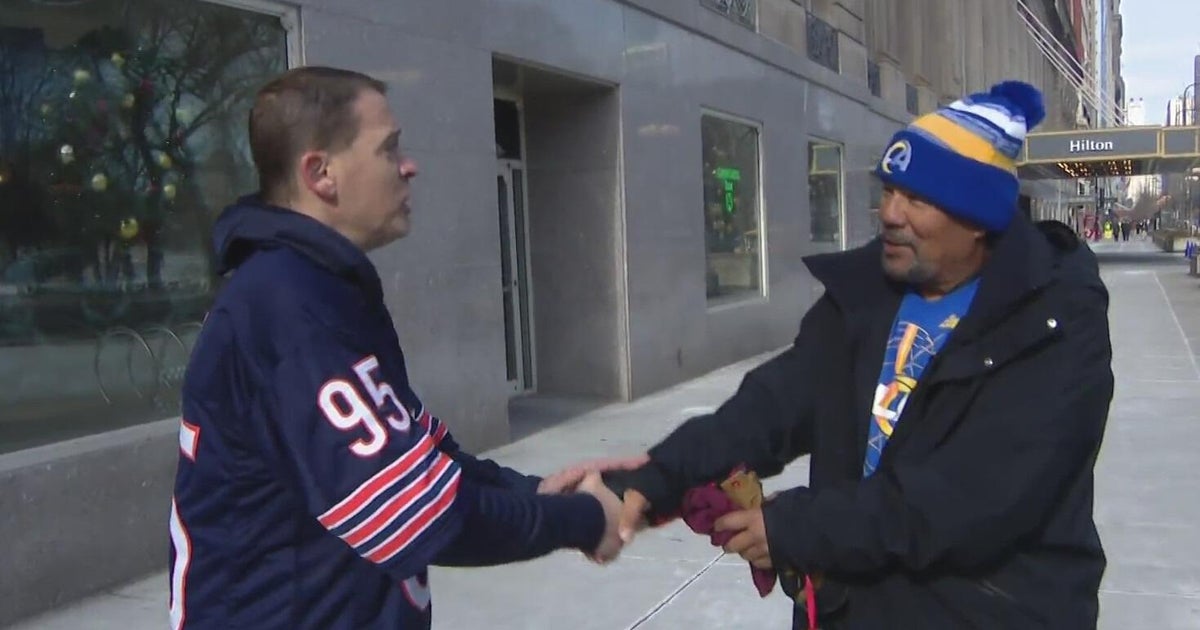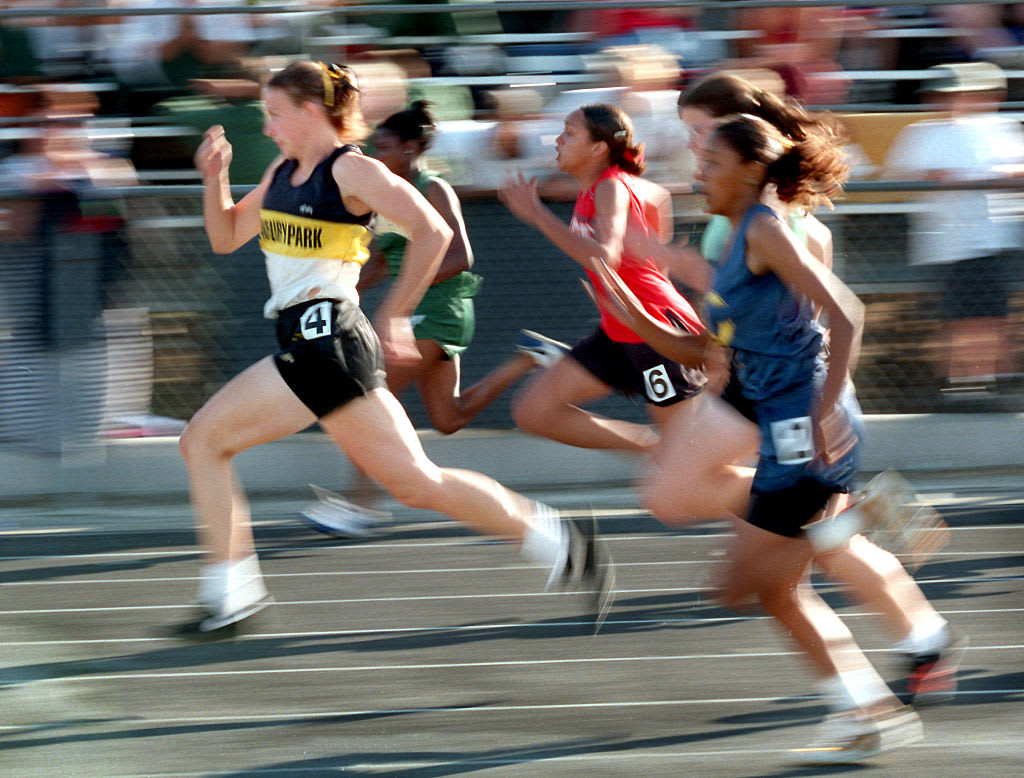The new game in town for pro sports leagues: Selling stats
A decade ago, knowing the average rushing yards of a NFL running back or the batting average of a MLB third baseman was valuable only to a team's coaches and to sports bar patrons. How times change. These days, the top professional sports leagues in the U.S. have found a lucrative market for their mountains of team and player statistics: gamblers.
Six of the nation's largest sports betting companies already use official league data under multimillion-dollar contracts negotiated with organizations like the NFL. The NBA reportedly has a six-year contract with Sportradar worth more than $250 million. The NFL also inked a deal with Sportradar to distribute official league data to bookmakers around the world. Such contracts could easily swell to billions of dollars in coming years if more U.S. states legalize sports gambling, one industry analyst said.
The emergence of sports data as a cash machine for the major leagues happened quickly after a 2018 U.S. Supreme Court allowing states to legalize sports betting, industry executives said. "Last year it was, 'Here are the leagues with their hands out,'" said Scott Kauffman-Ross, senior vice president of fantasy and gaming for the NBA. "Now we realize there's a lot we can offer each other. More and more operators are starting to see the value in this."
Among the betting companies that are now paying pro leagues for player performance data are fantasy sports companies DraftKings and FanDuel as well as gambling giants such as MGM Resorts and Caesars Entertainment. Most don't disclose how much they pay for the information, but contracts generate significant revenue for the leagues, said Brett Vinokur, an audit manager with accounting firm EisnerAmper who specializes in sports and entertainment businesses.
The financial stakes could grow even larger if more states legalize sports betting, he added. Delaware, New Jersey and Pennsylvania already allow people to wager on sports, while Colorado, Maine and Michigan have recently legalized it or are close to doing so.
"As these states consider the ability to allow this within their confines, it just opens up the potential pool for individuals to be engaged," Vinokur said. "We're in the beginning stages of what this can be. It's only likely going to grow from here on out."
Gambling companies see value in using official data, particularly for in-game betting — the fastest-growing segment of sports betting. In such instances, determining whether a running back gained 100 yards or 99 yards could be the difference between winning or losing a bet. Having a league's official data serves as the last word for bettors and bookmakers.
"We are the only ones that can extract that kind of data and collect it," said Chris Golier, the NHL's vice president of business development. "We're putting chips in pucks, chips in shoulder pads. It's going to be 2,000 data points a second. These things will turn into prop bets over time."
Revving up such revenue opportunities, NASCAR is investing heavily in technology that can create new betting opportunities.
"We are creating a market that hasn't existed," said Scott Warfield, NASCAR's managing director of gaming. "How can we get our fans to watch an extra 30 to 45 minutes? We can when they're betting on stage 2, or who's leading in lap 100. There's a lot to bet on."
Sports betting has slim profit margins, typically between 5% and 7%. With state taxes, payments to technology partners, marketing, and other expenses, even a seemingly small additional cost adds up and affects bookmakers' bottom line.
Gambling companies don't have to use official league data, of course. They can get it from a variety of sources, including from a third party or collect the data themselves from live games. But those options are slower than getting a steady stream of data from the league itself, and would be virtually unusable for in-game betting.
"We collect our official data courtside as it happens," said the NBA's Kauffman-Ross. "The speed of that data is incredibly important. We have hundreds of lead changes. You can be one to two plays behind if you collect data off a broadcast feed. A player that hits a couple of 3-pointers can meaningfully change the odds."
The Associated Press contributed to this report.





